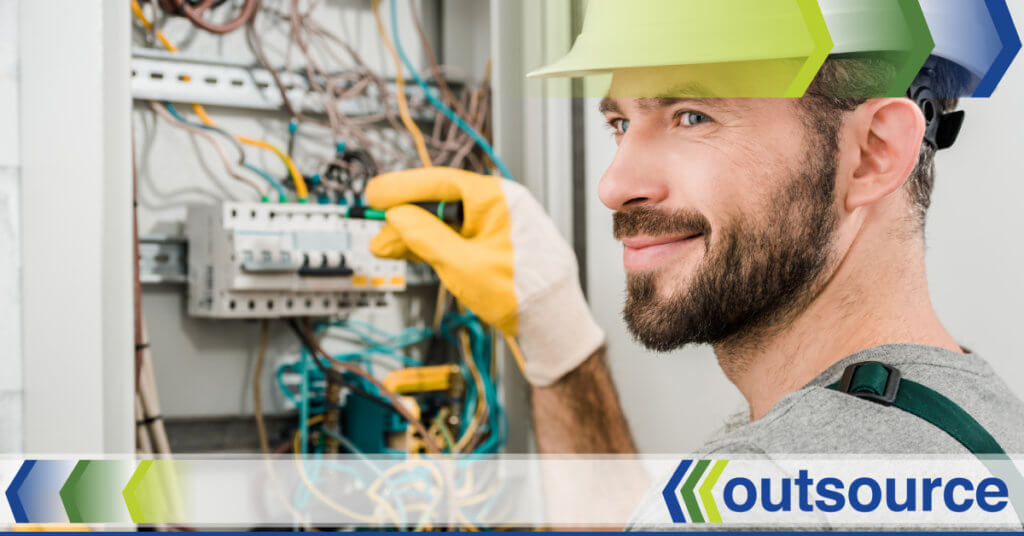
In the process of constructing or maintaining a residence or business, one of the most important systems to consider is Environmental Control. More specifically referred to as HVAC or HVAC/R (Heating, Ventilation, Air Conditioning and Refrigeration), environmental control is crucial to the success of construction. The technology used to keep indoor spaces comfortable and suitable to their designed purpose has grown and changed dramatically since it’s onset during the Industrial Revolution. Depending on the building purpose, different needs arise. For example, a home in a cold climate must have adequate heating and ventilation, but may not require an air conditioning system, whereas a restaurant will need differing temperature controls in the kitchen where food is prepared versus a dining area where customers must feel comfortable. Not mention the health code and culinary requirements for refrigerators and freezers to keep foods as fresh and long-lasting as possible.
When considering environmental control for your home or business it is important to keep in mind that the main functions of ventilation, air conditioning and heating usually operate separately, but still have a strong effect on each other. The goal is to crate an amenable environment that serves the needed purposes and is still cost effective in installation, maintenance and operation. An offshoot of mechanical engineering, the designing and updating of HVAC/R systems can be a delicate process. If a specialist has been consulted pre-construction, and architectural engineer can work with them to design the building with environmental climatization in mind. Particular architectural choices can be made, like westward facing windows with thermal trapping abilities to capture the heat of the sun, or permeable insulation to hold heat in or allow it to escape depending on the atmosphere.
Especially in larger buildings, contractors are hired to oversee and attend to HVAC/R needs, as they frequently overlap in such situations. Usually smaller and more contained buildings do not need such attention, and each of the HVACR systems is mechanized separately. Trusted contractors can be sought through outsourcing and HVAC staffing agencies, who tend to cultivate a history with the labor force and can report the integrity of their work. It is important, as well, to keep in mind how these systems are powered. If you buy an environmental control appliance, like a window air conditioner, fan, or space heater, it’s initial cost will not be extreme, but the electricity to power it will add greatly to the price. Whereas, an internal system may cost more to install, but may serve you financially in the long run. When you consider what kind of systems to install, seek out the advice of professionals and the research the possibilities. While it may seem that the newest, flashiest technology will always be the best way to go, it really does depend on the situation, the wiring available and the purpose of the building. Factors such as humidity, air quality, and building codes must also be taken into consideration. As you consider your HVAC systems, remember that hiring skilled and reliable technicians is the first step. Once you cultivate that relationship, you can depend on the contractor you work with to understand the needs of the building and keep environmental controls well-maintained.
Discover The Power of Real Partnership
Let's talk about the world of possibilities and how we can partner to make them a reality.
Our Latest Resources
What's new in the world of work? Check out the latest highlights, including staffing trends, top insights and more.
Be Ready to Answer These Questions at Your Next Job Interview
Whether this is your first job interview or you've done several already, you will probably find yourself with a case of nerves as it begins...
Maneuvering Your Job Search Through a Pandemic
A global pandemic means times are uncertain, stressful and even a bit frightening. While the COVID-19 outbreak has not only caused a health crisis it has also caused an economic crisis as well...



